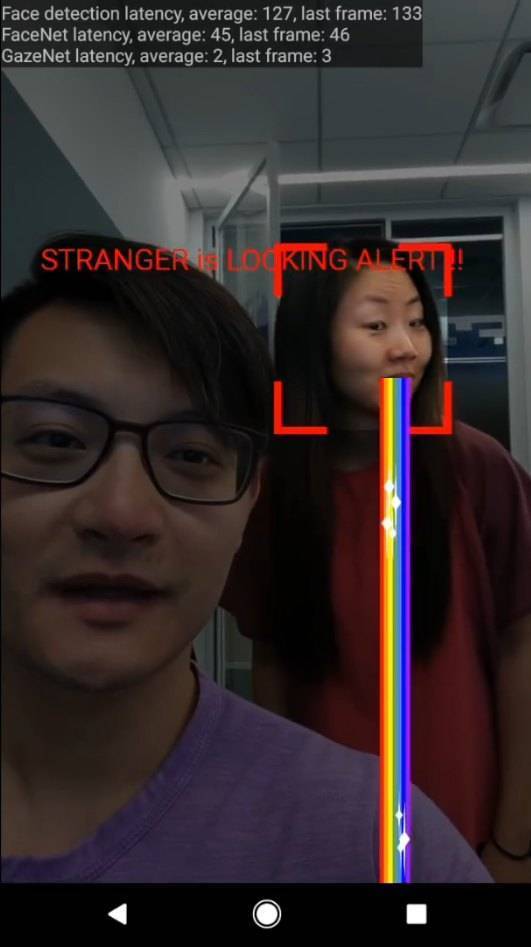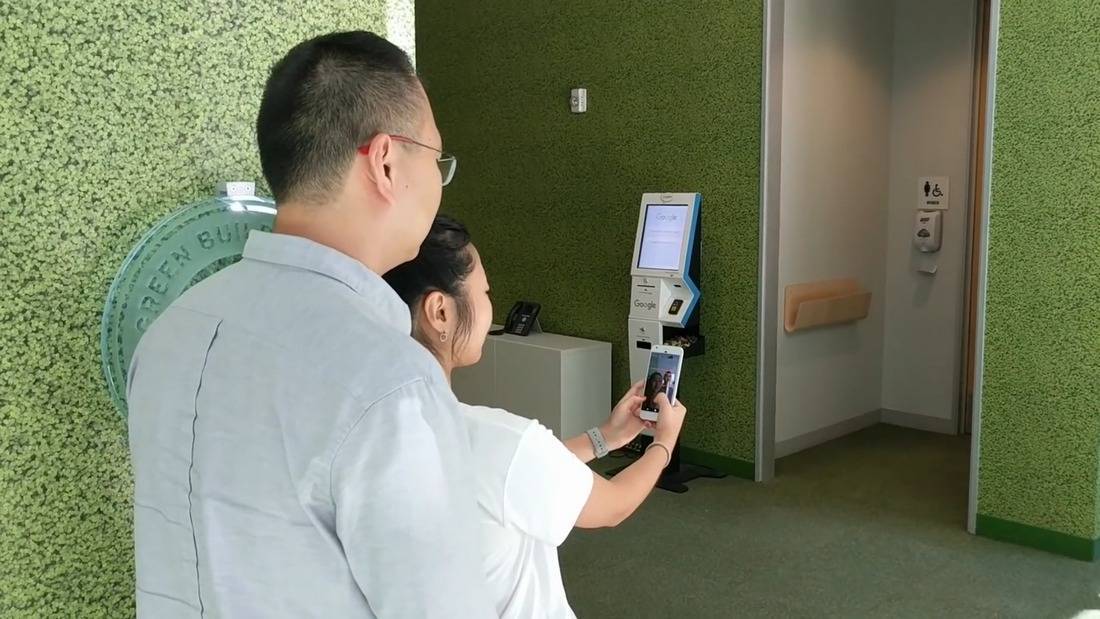Physical security of mobile phones is becoming a serious issue. We often use phones to work on sensitive data or manage our bank accounts, but don’t pay much attention to who might be watching us.
The engineers at Google did think of that and created an interesting solution that will be of great significance for, say, CEOs working with confidential company data while on-the-go.
TechRepublic reports that the technology is named the ‘Electronic Screen Protector’ and was developed by Hee Jung Ryu and Florian Schroff, both engineers at Google. You can see the tech in action in this YouTube video. The technology was presented at 2017 NIPS Conference in Long Beach, CA.
Here’s what the authors had to say about their method: “Hence, the application, an electronic screen protector, can enable its enrolled users to continue reading private and confidential contents on your mobile device, while protecting their privacy from onlookers in a crowded space such as the subway or an elevator.”.

The technology in action.
The technology uses the phone’s front-facing camera to monitor the immediate area for a pair of wandering eyes. If it detects someone looking at the screen, it automatically switches from the app currently in use to the augmented front camera app, which shows the culprit’s face in a red frame. The system is very sophisticated and won’t interrupt your work if the person isn’t looking directly at your screen. The number of false alarms is surprisingly low.
The feature builds on facial recognition technology already present on all but some upmarket phones to distinguish between the owner’s and the intruders’ faces. The effect this will have on battery life is still unknown, but barring some optimizations or dedicated chips, battery life will certainly take a hit.
The feature can detect a gaze in about 2 milliseconds (!), while face recognition takes about 47ms. Astoundingly fast, ensuring nobody can hide from the AI’s gaze. Not much is known about the underlying technology, except for the fact that it most likely uses GazeNet and Google’s FaceNet neural networks.
This can have a very beneficial effect on your privacy by warning you if anyone is about to snoop on whatever it is that you’re doing. The transitions between the apps are seamless and require no user input, making this the perfect technology to use while reading sensitive or very private data in public.
However, this could be a privacy problem in the making. In theory, Google could use the data to better its own AI along with sending facial recognition data, and build a huge database in the process. This could particularly happen if the feature becomes a mainstay in Android OS, controlled by Google. A true double-edged sword. We have yet to see what the product will look like when it gets released, so we’re keeping our hopes up.
Title image © Hee Jung Ryu







